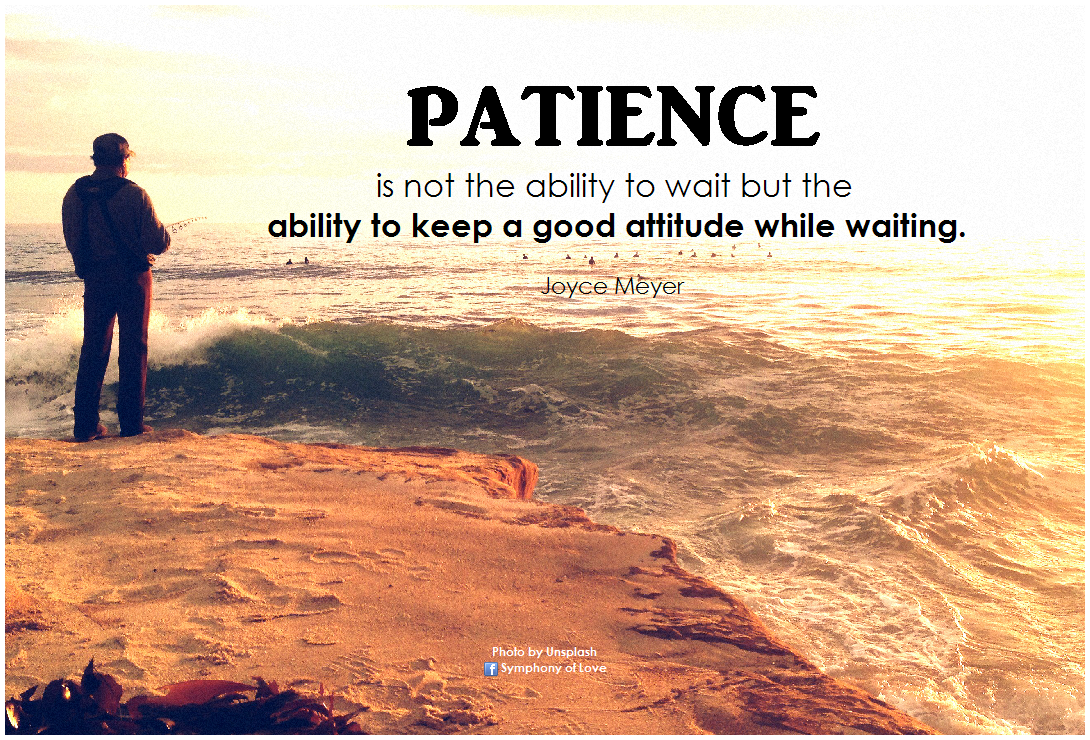For the past few weeks I've been talking about PTSD, some of the myths that surround it, what it is and some of the reasons the trolls pick us to haunt. Today I'd like to haul those trolls out from hiding and show you what they might look like. The fact of PTSD is that it is rampant in our military members returning from overseas. Yes, others get it also, it has many causes as I have discussed in my previous post but my focus is primarily on the military members. We are losing 22 soldiers a day to suicide, many of which can be prevented with proper recognition and treatment of their PTSD. Even 1 suicide is too many.
Today I will look at the symptoms of PTSD. At the end of this post, there will be a link to self-assessment tools that you can use or refer a loved one to for reference. Please remember that I am a writer and researcher, my key role is to filter through the mountains of information available and bring the best of it to you. I do not and can not offer medical advice if you suspect that you or a loved one is dealing with PTSD please seek professional help immediately. If you are considering suicide, or you believe a loved one is considering it, please call for help now. As I've said before, we can't let the trolls win this battle and 1 suicide is 1 too many.
Just as the causes of PTSD are as individual as the people dealing with it so are the symptoms. They can vary from relatively quiet ones such as withdrawal, avoidance, and anxiety to very loud ones such as outbursts of anger, being easily startled, and self-destructive behavior.
WebMD separates the symptoms into five categories as follows, Reliving the event, Avoidance, Numbness, Feeling keyed up, and Other. Let's take a closer at each of these symptoms, what they mean and what they might look like when your boots hit the ground.
Reliving the Event
Reliving the event can occur in a few different ways. Many of us are familiar with the images of a vet barricaded behind the couch, but the reality is that it is rarely so cut and dry or obvious. PTSD can be relived in a variety of ways including flashbacks, nightmares, intrusive thoughts, and anxiety attacks. When these occur they have the ability to transport the person experiencing them back to the events and cause them to recall the fear and stress they felt at the time. Sometimes these flashbacks are caused by triggers and sometimes they just happen as the individual tries to work through the pain they are experiencing.
Triggers for flashbacks can be almost anything that brings the individual back to the event or series of events that was traumatic and are very unique. Don't let anyone tell you that your triggers aren't real or valid, if it triggers you then it is a trigger. One of my husbands triggers is fireworks which sound like artillery to him. We go to great lengths to avoid fireworks at all times, but he has found ways to deal with them when they are unavoidable because truthfully you will not always be able to avoid every trigger you have.
Avoidance
Avoidance is another common symptom of PTSD. The person who is suffering will avoid activities, places and thoughts that remind them of the trauma (
Helpguide). They will forget the details of their trauma or avoid talking about it and they will avoid media, such as television, movies, and books, that deal with it. Avoidance is a coping skill that allows the sufferer to bypass both situations that may have triggers for them and rehash the trauma itself. If they don't think or talk about the event then they don't have to admit to themselves that something is wrong.
Numbness
Numbness is a byproduct of PTSD and the previous two symptoms. It can result from withdrawal, and avoidance because those both lead to isolation and feelings of abandonment. Sufferers can feel detached from events that are occurring around them, they can feel as if they have no future, and they may lose interest in activities they previously enjoyed. All these complications can lead them to feeling disconnected from those around them and result in indifference.
Anxiety
It should come as no surprise that anxiety is a symptom of PTSD. The individual suffering from PTSD will have anxiety simply from fear of more trauma and the symptoms I have listed here so far, but there is more. Someone suffering from PTSD may have trouble with sleeping, concentration and relaxation. This may or may not be separate from the anxiety brought on by the other symptoms. They may also struggle with inappropriate outbursts, hyper-vigilance, and be easily startled.
Finally, there are the symptoms that don't fit neatly into one category, aren't there always? Someone suffering with PTSD can have physical complaints that don't make any sense such as body aches and pains. Many sufferers have depression, feelings of guilt and shame because of the stigma that they believe comes with PTSD. Self-medication is a common way of covering up the symptoms and substance abuse is common amongst those dealing with PTSD.
The symptoms of PTSD are many and vary from one individual to the next. The type and severity of symptoms do not indicate the level of suffering someone is going through, it simply tells us they are suffering. If there is one symptom or all of them they still need treatment because there is help out there. If you or a loved one is trying to cope with this on your own please reach out to get help, you don't have to pull the trolls out alone. The sooner you get treatment the sooner you can begin healing. PTSD changes everyone who deals with it, the individual who has it, their family and their friends and it can cause other health problems as well. I will touch on these aspects in a future post but for now hear the message, you are not alone.
This is a link to a
self-assessment tool, another one
here, that can help you decide if you or a loved one are suffering. My journey began with a self-assessment that not only suggested my husband was dealing with it but also opened my eyes to the fact that my Mother was also. I suggested it to her and she immediately began getting help. Knowledge is power and when it comes to PTSD knowledge is the weapon that will burn those trolls up.
As I've said previously, I am not a medical professional, if you think you have PTSD please reach out to someone who can help you. If you are considering suicide, or you think a loved one is please call for help immediately. You can call the
Suicide hotline or the
Samaritans crisis hotline. Both numbers will help you find the help you need and are free and confidential.










































